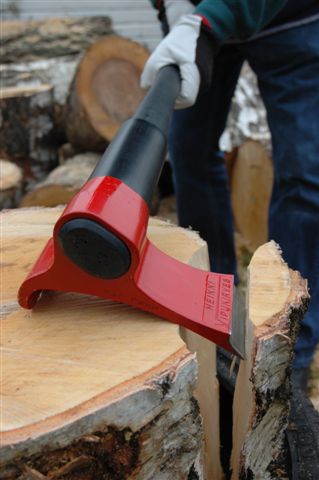Improvements will continue
In the late 1870's, Strowger discovered he was losing business to a competitor because the competitor's wife was a phone operator who diverted calls meant to go to Strowger's business. So of course he took the most direct route to resolution and invented an automated phone switch to replace the humans. I guess he really didn't like dealing with the living.
I don't know much more detail about this story, but I'm sure there wasn't just a single "light-bulb" moment. That is a myth. Even though there were probably several moments of inspiration, I'm sure it still took lots of time and experimentation to get to a workable product.
For the light bulb itself, Thomas Edison had a staff of specialists and a well-funded lab. It still took several years to develop a working prototype with many smaller inventions along the way. They tested over 1600 materials to find a good filament. [2]
The Wright brothers used their mechanical skills as bicycle shop owners to start their work on the airplane, but they had to experiment and learn over a number of years before success.
The genius of Wilbur and Orville lay not only in the singular act of getting a flying machine into the air, but also in the approach they evolved and employed to create the technology of flight. Their method of evaluating data gathered by testing an aircraft in flight, then refining the design based on those results, remains an essential tool in aerospace research and development. [3]
 Wright Brothers' bicycle experiment platform to test shapes of wings. [4]
Wright Brothers' bicycle experiment platform to test shapes of wings. [4]
My previous post gave some of my thoughts on how even in woodworking, there are still new inventions of tools and techniques. This morning I stumbled onto a video[5] about a new axe design for splitting logs into firewood. (Ok, usually 'woodworking' requires a little more finesse, but a new axe is cool too.)
After thousands of years since the bronze age, we're still able to dramatically improve something as simple as a wedge blade for chopping wood. The improvement? A person in Finland made the wedge also a lever.

It took several years, thinking and testing different exotic methods of chopping wood that were available for purchase at the time, before the idea was born. The traditional axe uses a wedge-shaped head to split the wood, but could this mechanism be improved by using leverage? From this idea the new axe was born, the Leveraxe.[7]
Really, this all just goes back to my love for tools, because most of our inventions are just that: tools and improvements of tools.
References
- http://99percentinvisible.org/episode/strowger-switch-purple-reign-redux/
- http://invention.smithsonian.org/centerpieces/edison/000story02.asp
- http://airandspace.si.edu/exhibitions/wright-brothers/online/fly/index.cfm
- http://airandspace.si.edu/exhibitions/wright-brothers/online/fly/1901/apparatus.cfm
- http://boingboing.net/2014/04/17/eccentric-axe-uses-physics-to.html
- http://en.wikiquote.org/wiki/Grace_Hopper
- http://www.vipukirves.fi/english/description.htm
